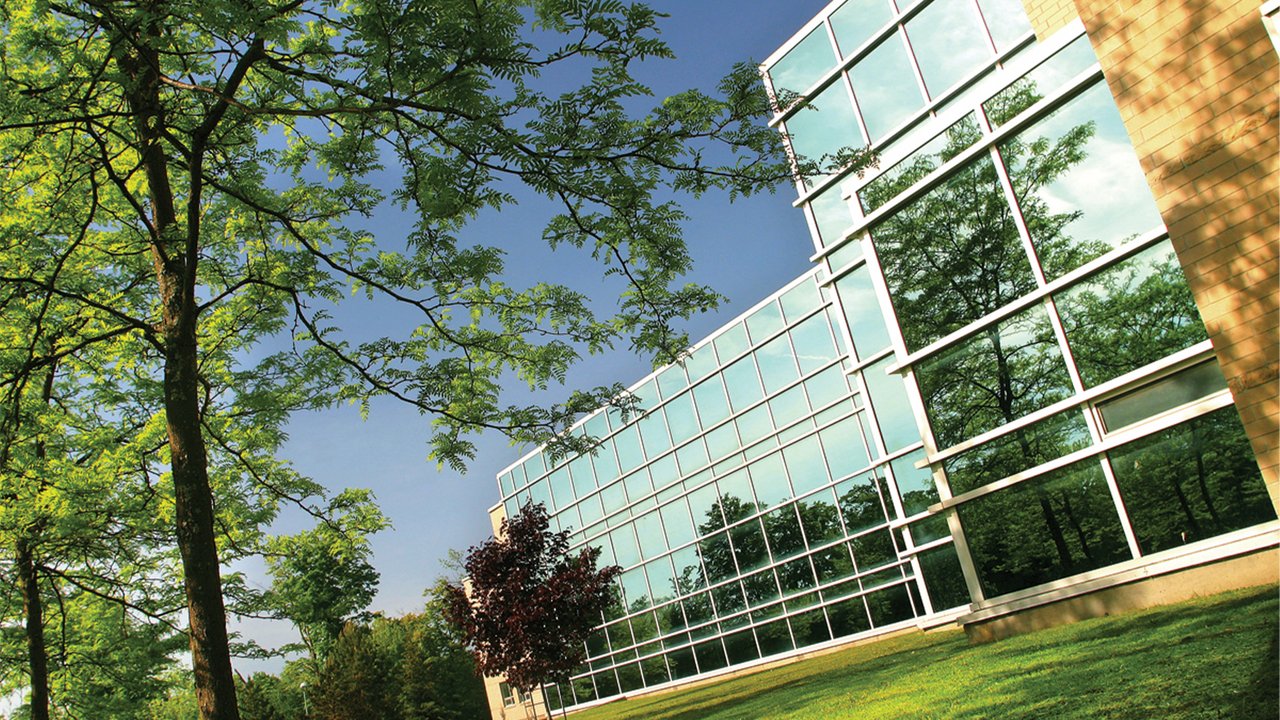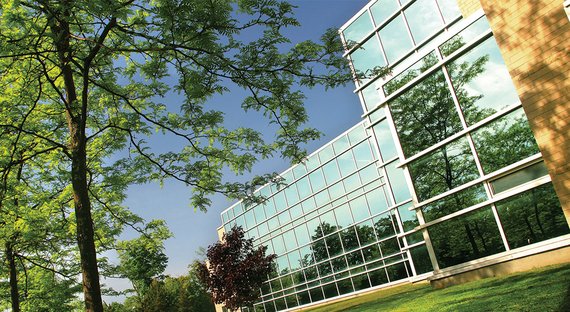



One potential starting point for any discussion of Indigenous content is to acknowledge your own position in relation to the material and the history.
We suggest speaking to two issues:
That said, after recognizing these two potential limitations to your discussion of the material, it is also worthwhile to discuss why you have nonetheless included it in the course - and why it is a key component of the curriculum here at Heritage.
Here we suggest referencing the Truth and Reconciliation Commission's Calls to Action. These are proposed steps to reconciliation in Canada between the Indigenous population and its history of colonialism.
One key recommendation was that:
"Reconciliation requires sustained public education and dialogue, including youth engagement, about the history and legacy of residential schools, treaties, and aboriginal rights, as well as the historical and contemporary contributions of Aboriginal peoples to Canadian society."
We, as educators, are in a unique position to be able to fulfill this call to action and use our courses as a stepping stone towards reconciliation through the sharing of knowledge and through discussion. Moreover, though you may not have the lived experience of being Indigenous, you can still be an ally and facilitator for the sharing of knowledge. You can reference Indigenous critics and academics such as Emma LaRoque who has argued that it is time non-Natives take up part of the burden of learning and teaching about Indigenous peoples in Canada. Staying silent and passive is not neutrality; it is a maintenance of the status quo. We can take up the position of ally, meaning making space for Indigenous voices and stories.
In other words, the important thing is that we are talking about this material, this history, this legacy.
Here is a link to the full Truth and Reconciliation Commission of Canada's Calls to Action.